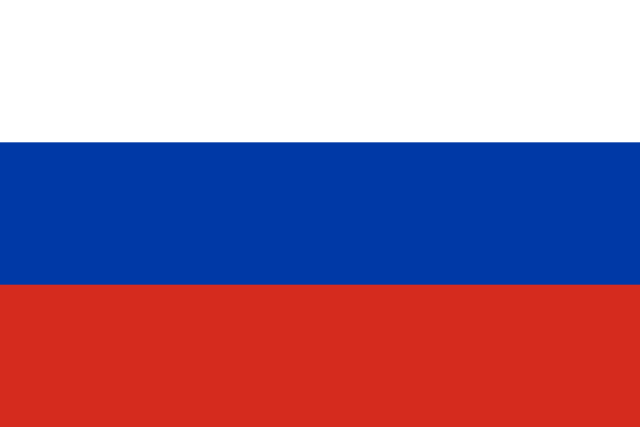
Global diesel prices have surged following the United States’ imposition of new sanctions targeting Russia’s energy sector. These sanctions aim to further constrain Russia’s oil revenues, which have been a significant source of funding for its military activities in Ukraine.
On January 10, 2025, the U.S. Department of the Treasury and the Department of State announced intensified measures against Russia’s energy industry. The sanctions specifically target major Russian oil producers, including Gazprom Neft and Surgutneftegas, as well as 183 oil tankers, many of which are part of Russia’s “shadow fleet” used to bypass Western restrictions. This action is expected to reduce Russian diesel exports by at least 150,000 barrels per day, tightening global diesel supply and driving up prices.
The immediate impact of these sanctions has been a significant increase in diesel refining margins, which reached a five-and-a-half-month high of $20 per barrel on January 17, 2025. European diesel premiums also spiked to a ten-month high, reflecting the anticipated scarcity of diesel in the near term.
In response to the sanctions, European demand for diesel has shifted towards alternative suppliers, including India, the Middle East, and the United States. This shift is due to concerns over compliance risks associated with engaging with sanctioned Russian vessels. As a result, Russian diesel exports to key markets like India and China are expected to decline, potentially leading to wider discounts on Russian diesel sales as Russia may be forced to accept lower prices to maintain export volumes.
The sanctions also prohibit the provision of U.S. petroleum services to entities located in Russia, effectively cutting off Russia’s access to critical services related to the extraction and production of crude oil and other petroleum products. This prohibition is set to take effect on February 27, 2025.




